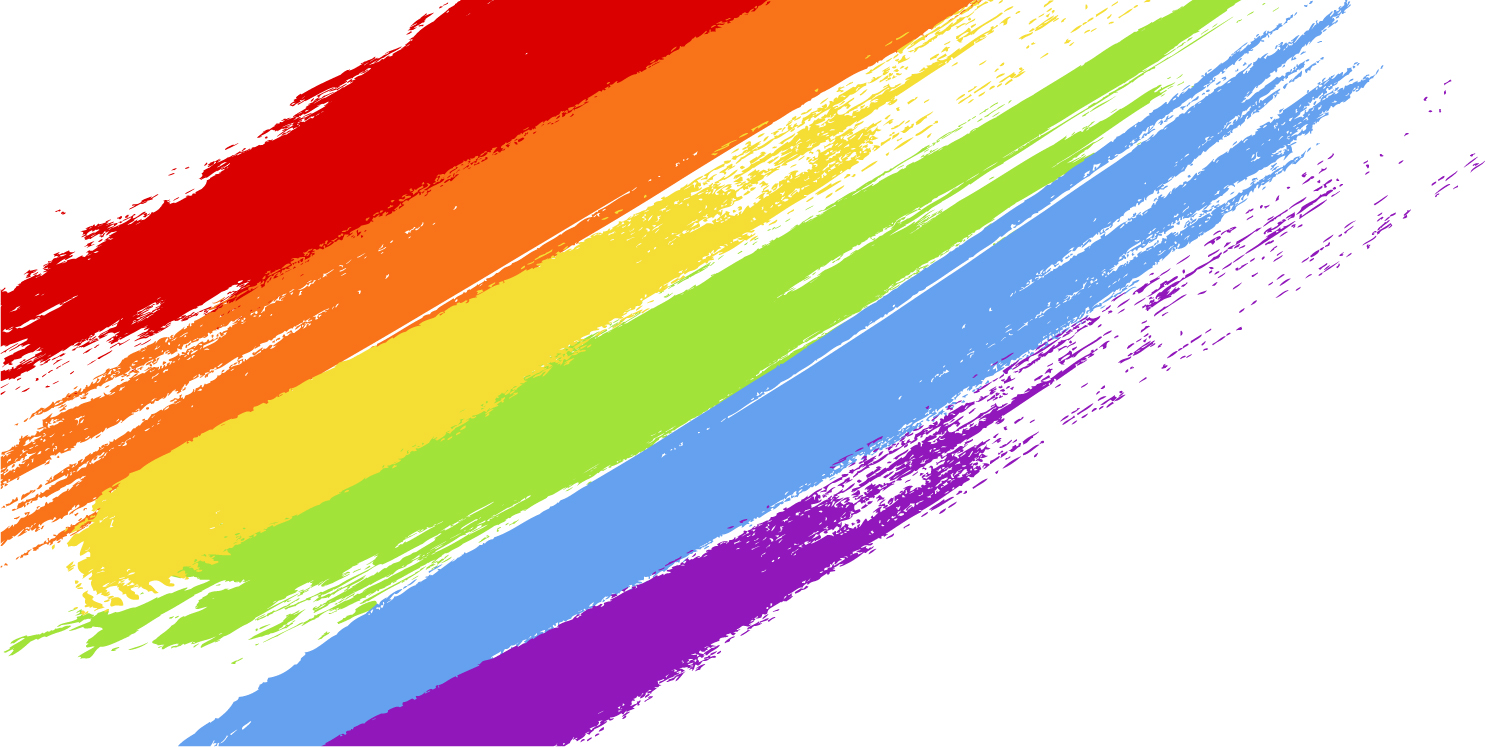
25% of all relationships within the Lesbian, Bisexual, Gay and Transgender+ community incur some form of domestic abuse, meaning it is as prevalent within LGBTQ+ as it is heterosexual community. As with couples of the opposite genders many domestic abuse cases within the LGBTQ+ community go unreported; even more so than heterosexual couples as they are often afraid of revealing they sexual orientation or nature of their relationships.”
Outing is a method of control employed by the abuser whereby they threaten to ‘out’ the victims sexual preference to family, friends, colleagues or even religious communities.
There is also a severe lack of information or discussion when it comes to Domestic Abuse within the LGBTQ+ community; most information relates to heterosexual couples. This lack of information could lead people to believe that it may not happen within this community but as previously stated the stats present to the contrary. This may also lead to people not recognising the signs of Domestic Abuse if it does happen to them or knowing how to respond or where to get help if it was to happen to a friend.
Other methods of control unique to the LGBTQ+ community include Isolation and Confidentiality. LGBTQ+ communities are often relying on a close knit group of a friends and relationships as support within their local community; which is often amplified when living in smaller towns or rural areas. The abuser may Isolate their partner from contact with such communities, preventing them from reading papers / magazines or attending LGBTQ+ venues/events or preventing them from visiting their friends. This is particularly relevant with people who are experiencing their first same-sex relationship who may not have had much contact with the community.
Don’t presume someone's sex - It may be increasingly difficult for a member of the LGBTQ+ society to seek help as often at first glance police officers and other organisations may misunderstand a situation as just a little fight between 2 men or women and not a violent intimate relationship.
LGBTQ - How can Valley House support you?
At Valley House we understand the unique situation that members of the LGBTQ+ face when dealing with domestic abuse. Not only are they having to cope with domestic abuse they may also be concerned about ‘outing’ themselves to family, friends and work colleagues. They may also find it difficult to share information with professionals to be able to access the services they need, and the stigmas attached to the LGBTQ+ communities.
We offer a more tailored package of support to this community by including a LGBTQ+ Power and control wheel to our domestic abuse work, specific and individual safety plans.
We have a training package for staff focusing on working with domestic abuse in LGBTQ+ communities and the possible identity abuse they may be exposed to and a domestic abuse support worker with a specialism in LGBTQ+.
At Valley House we strive to provide the highest domestic abuse support to LGBTQ+ communities and are continually looking at our practices to improve them.
Find out more about how Valley House can help - Domestic Abuse
